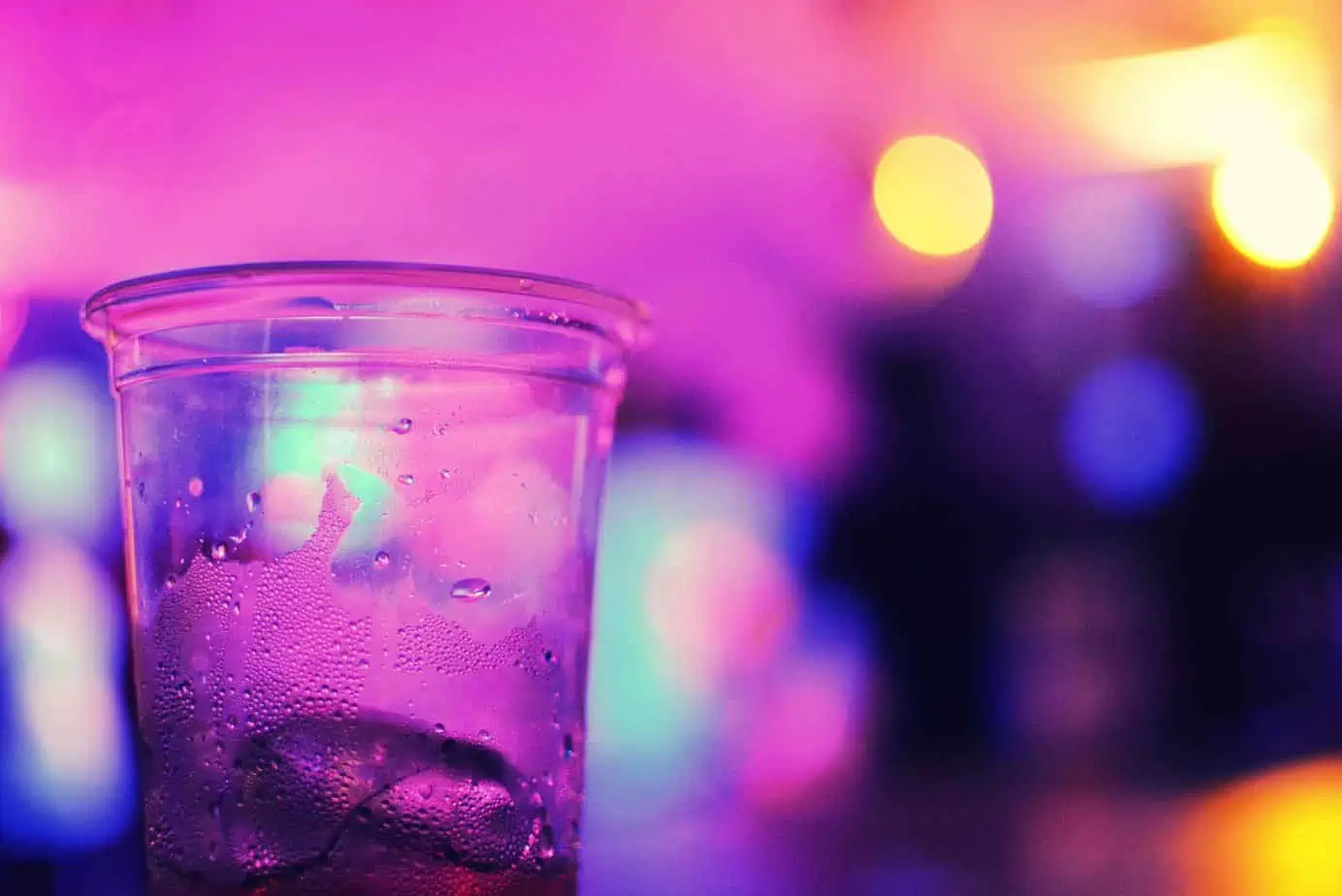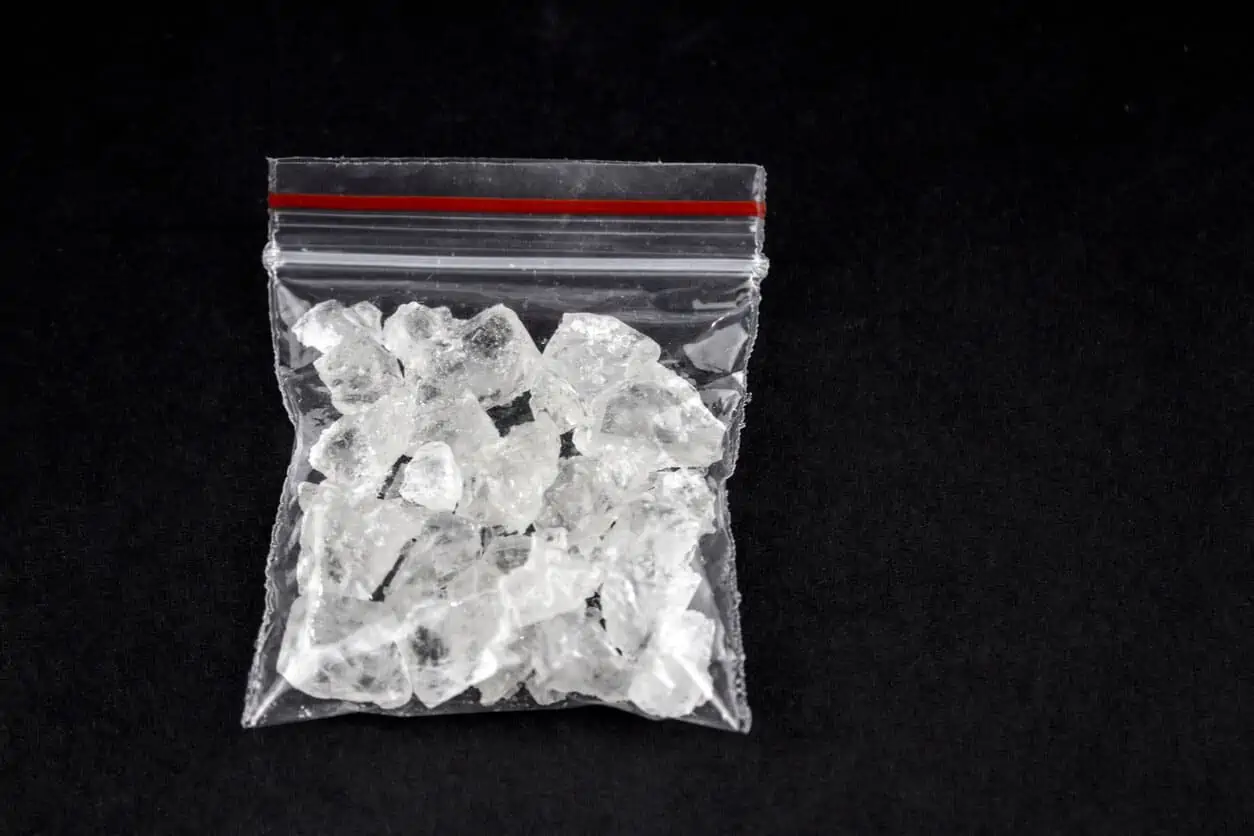Being considered the life of the party can blur the reality associated with excessive drinking. It can be a rite of passage to some or even a social norm.
According to the National Council on Alcoholism and Drug Dependence, a staggering 2.5 million people die worldwide each year under alcohol related circumstances, and there are approximately 23 million Americans suffering from alcohol and/or drug dependency. No matter whether people are coping with their alcohol addiction in private or in plain sight, alcoholism is all around us.
Learning the signs can go a long way into helping yourself or someone you know get help. Let’s take a look at eight common signs of alcohol dependence:
1. After drinking, alcoholics can’t remember what happened due to blacking out.
Frequent blackouts are a common sign of alcoholism. Blackouts occur when a person’s blood alcohol concentration reaches a level much higher than what is considered legal intoxication. After stages of elation and being social while simultaneously feeling restless, confused, and sad, the alcohol will begin to act as a sedative. During this time an individual is vulnerable to having unprotected sex, being attacked, or even getting into a car accident.
2. They experience withdrawal symptoms when they don’t drink.
When an alcoholic is unable to drink, they will usually experience sickness to their stomach, bouts with shakiness, sweating, and anxiety. These are all common symptoms of withdrawal that if left untreated will become more apparent overtime.
3. They drink in the morning, are inebriated for long periods of time, and will drink alone.
Those who are dependent on alcohol will oftentimes begin to drink early in the day. Some hide the fact that they have been drinking before going out with friends. Others will resume drinking after everyone has called it a night. Their drinking will cause them to stay inebriated for a good portion of the next day and will be apparent in their behavior.
4. They drink in risky situations such as right before driving or when in charge of minors.
When it comes to drunk driving, it affects more than just the driver. According to NHTSA, in 2019, among children (14 and younger) killed in motor vehicle crashes, almost one fifth (19%) were killed in drunk-driving crashes.
5. One more is never enough.
You will notice that once a person who is dependent on alcohol starts drinking they will have a difficult time stopping. They may make excuses for why they just need “one more” drink after already having had several. They will oftentimes not stop until forced to by the people they are with, the onset of alcohol poisoning, or blacking out.
6. They rationalize their drinking to convince themselves that the drinking isn’t their fault.
“I’m under a lot of stress,” “I’m just enjoying life,” or “I’m not hurting anybody but myself” are some of the common excuses you will hear from someone with an untreated addiction to alcohol. They are unwilling to recognize how their drinking is affecting not only their lives but the lives of those around them.
7. They lose the desire to attend any function or event if there will not be any alcohol there.
When invited to a function, they may start off asking if there will be alcohol at the event before asking about anything else. If they hear that there won’t be any available or served, they will become disappointed and disinterested in attending.
8. Their hangovers have become more frequent and severe.
Their hangovers are noticeably worse. The morning after they have had a night of drinking, those with a dependency on alcohol will be very sick, vomiting often, and sweating, which will lead to them having difficulties functioning. They will increasingly miss work and important gatherings or meetings.
Alcohol dependency is a horrible disease that takes a toll on a person and their loved ones. Triumph over addiction is possible, and education and a strong support system is essential to helping with the battle.
If you or a loved one is struggling with addiction, Mountainside can help.
Click here or call (888) 833-4676 to speak with one of our addiction treatment experts.

 By
By 







